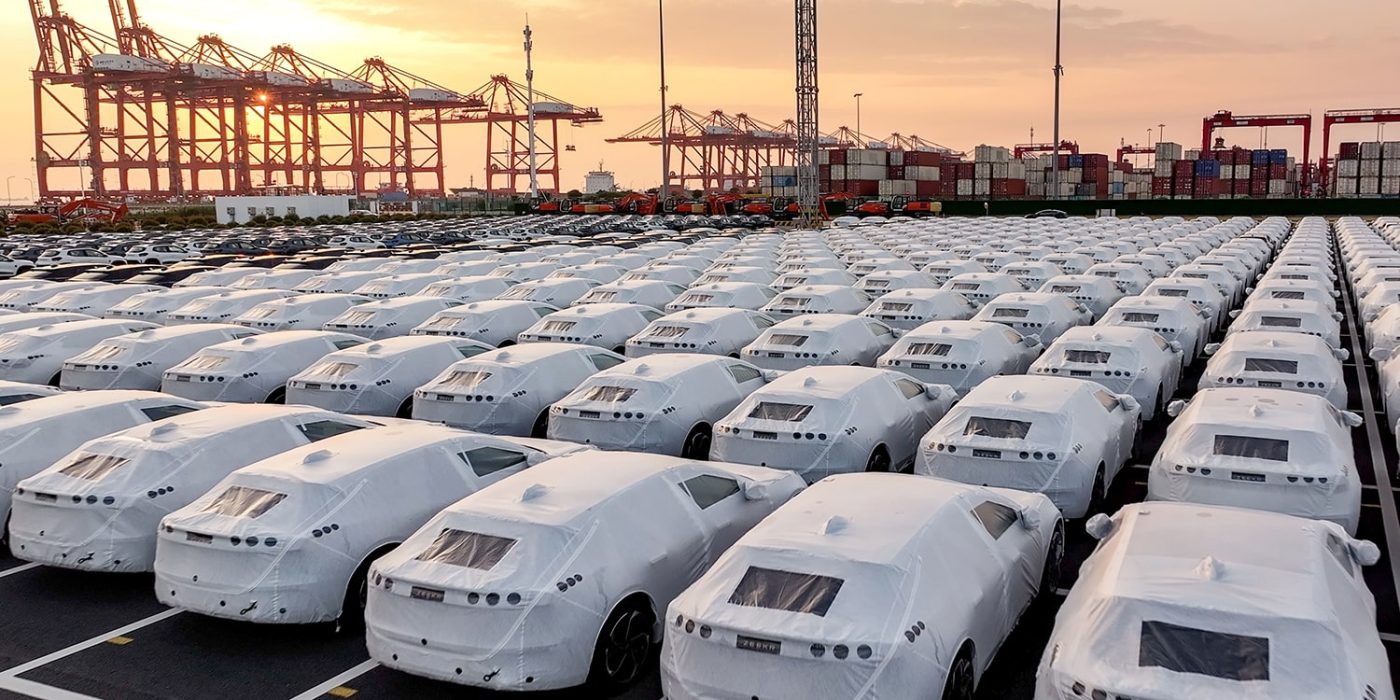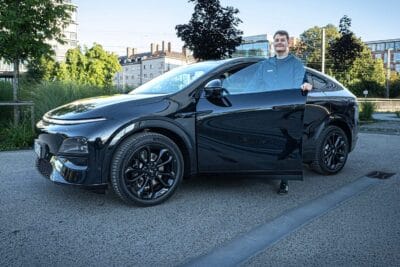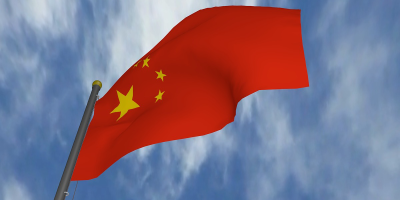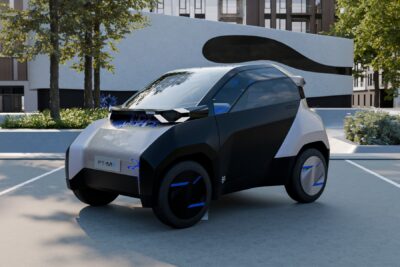EU Commission launches anti-dumping investigation into China EVs
Today’s announcement of the “anti-subsidy investigation” formalises the step Commission President Ursula von der Leyen had announced in September. While von der Leyen spoke of global markets being “flooded with cheaper electric cars,” the official EC investigation is to determine whether BEV value chains in China benefit from “illegal subsidisation and whether this subsidisation causes or threatens to cause economic injury to EU BEV producers”.
Based on the investigation’s findings, the Commission will establish whether it is in the EU’s interest to remedy the effects of the unfair trade practices found by imposing anti-subsidy duties on imports of battery electric vehicles from China, reads the statement.
The investigation would be conducted “under strict legal procedures in accordance with EU and WTO rules. All interested parties, including the Chinese government and companies/exporters, will be able to submit their comments, evidence and arguments,” the EU Commission said.
The EU now has 13 months to decide whether to impose tariffs on imported electric cars from China. If legally warranted, the EU may impose provisional anti-subsidy duties after nine months, which can become definitive after said 13 months after the initiation of the investigation, i.e. until November 2024.
In its announcement, the Commission emphasises that it launched this investigation on its own initiative (ex officio). The EU gathered “sufficient evidence that the recent surge in low-priced and subsidised imports of electric vehicles from China into the EU posed an economic threat to the EU’s electrical car industry”.
China, of course, disagrees. Already in September, the Chinese Ministry of Commerce called the anti-dumping measures blatantly protectionist behaviour and threatened consequences for economic and trade relations between China and the EU.
In a statement on its official WeChat account this week, the China Association of Automobile Manufacturers (CAAM) called the probe an “obvious act of protectionism” that would hinder the growth of the global EV industry.
China considers the strength of the industry not in subsidies but the “result of relentless scientific and technological innovation and the establishment of a complete industrial and supply chain”. This, said the MoC, was a competitive advantage achieved through hard work and efforts and is welcomed by global users, including EU consumers.
Ursula von der Leyen would agree that the EV sector holds “huge potential for Europe’s future competitiveness and green industrial leadership”. However, she adds, “Wherever we find evidence that their efforts are being impeded by market distortions and unfair competition, we will act decisively. And we will do this in full respect of our EU and international obligations – because Europe plays by the rules, within its borders and globally.”
This, the MoC, again disputes. Making a statement just after the launch of the anti-dumping investigation, a spokesperson said Europe based the analysis “only on subjective assumptions about so-called subsidies and threats of damage. It lacks sufficient evidence to support it and is inconsistent with relevant WTO rules, and China is strongly dissatisfied with this”.
The MoC also conjured up “the big picture of maintaining the stability of global industrial and supply chains and the China-EU comprehensive strategic partnership”.
Chinese companies dominate the global supply chain in all aspects of electric vehicle manufacturing, including raw materials and processing. According to analysis firm Benchmark Mineral Intelligence, China was much faster than other countries at recognising the shift to EV batteries and developed a long-term strategy.
Both the US and EU have been trying to catch up – now the EU appears to be looking to take punitive measures. Still, Von der Leyen says, the anti-subsidy investigation will be “thorough, fair, and fact-based”.
Before announcing the investigation, pre-initiation consultations were held with the Chinese government, in line with EU and WTO rules, writes the Commission.
China however complained about the “very short” time provided by the European Union to engage in consultations for the bloc’s inquiry into subsidies for electric vehicles.
The spokesperson added, China would pay “close attention to Europe’s follow-up investigation procedures and firmly safeguard the legitimate rights and interests of Chinese companies”.
europa.eu, china.org.cn, reuters.com, npr.org (background)





0 Comments